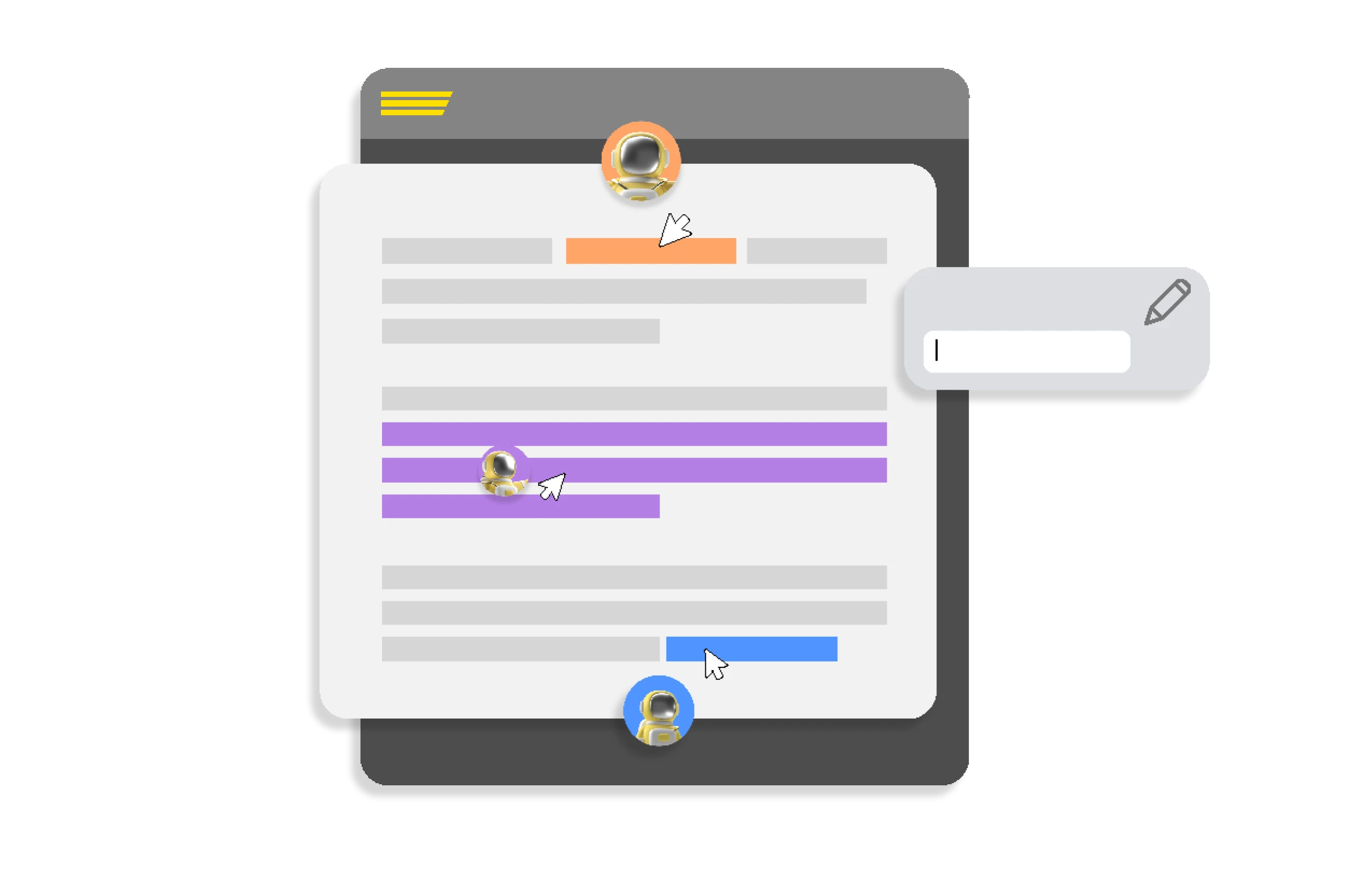Contract negotiation stands at the heart of business transactions, ensuring that agreements are fair, beneficial, and legally sound for all parties involved. While it's often perceived as a complex process, mastering negotiation skills can lead to fruitful outcomes and strengthen business relationships. Let's delve into the fundamental aspects of contract negotiation and explore effective strategies to streamline the process.
Understanding contract negotiation
At its core, contract negotiation is the art of reaching mutually agreeable terms, conditions, and obligations between parties. It involves thorough discussions, careful consideration of risks and rewards, and the crafting of a legally binding agreement. Effective negotiation requires clear communication, patience, and a willingness to compromise to achieve a balanced outcome.

Contract negotiation plays a pivotal role in shaping business relationships and ensuring that agreements serve the interests of all parties involved. By negotiating terms that are fair and favourable, organizations can mitigate conflicts, minimize risks, and foster trust and transparency in their dealings. Moreover, negotiation empowers businesses to assert their priorities and expectations, paving the way for mutually beneficial collaborations.
Key stages of contract negotiation
The contract negotiation process typically unfolds in several stages, each essential for reaching a satisfactory agreement. It begins with identifying needs and expectations, followed by discussions, negotiations, and finalizing the contract. Throughout these stages, both parties engage in constructive dialogue, propose revisions, and work towards consensus on critical terms and conditions.
Identifying needs and expectations
The negotiation process begins with an exchange of ideas to identify each party's interests, needs, and expectations. This phase includes establishing a timeline, setting goals, and pinpointing areas of potential disagreement or clarification.
Reaching an agreement
Negotiations commence over the identified issues, with both parties engaging in constructive dialogue to find common ground. Through collaboration and compromise, a mutually acceptable agreement is formulated, often involving multiple rounds of revisions and discussions.
Finalizing the contract
After addressing concerns and reaching consensus on all terms, the contract is formalized into a legally binding agreement. This final step involves thorough review and approval by all parties, ensuring that the document accurately reflects the negotiated terms and protects each party's interests.
By following these key stages in the negotiation process, businesses can navigate complex contractual agreements effectively and achieve favourable outcomes for all involved parties.
Effective contract negotiation strategies
To navigate contract negotiations successfully, it's crucial to employ effective strategies that maximize outcomes while preserving relationships. Here are some key strategies to consider:

Thorough research: Before entering negotiations, conduct comprehensive research to understand your needs, priorities, and alternatives. Likewise, gather insights into the other party's preferences and industry standards to inform your negotiation strategy.
Know your options: Explore alternative options and consider potential alternatives if negotiations reach an impasse. Having a clear understanding of your options empowers you to make informed decisions and negotiate from a position of strength.
Patience and flexibility: Approach negotiations with patience and flexibility, recognizing that reaching an agreement may require multiple rounds of discussions. Be open to exploring creative solutions and compromises that meet the needs of both parties.
Leverage professional expertise: Consider engaging legal experts or contract specialists to provide guidance and ensure compliance with legal requirements. Their expertise can help navigate complex issues and protect your interests throughout the negotiation process.
Utilize technology: Leverage contract management software to streamline negotiations, track revisions, and facilitate collaboration in real-time. These tools offer valuable features such as contract templates, redlining, and analytics to enhance efficiency and accuracy.
Conclusion
Mastering contract negotiation is essential for businesses seeking to establish mutually beneficial agreements and foster productive partnerships. By understanding the fundamentals of negotiation, employing effective strategies, and leveraging technology, organizations can navigate the complexities of contract negotiation with confidence and achieve favourable outcomes. As businesses continue to evolve, honing negotiation skills remains a cornerstone of success in the modern business landscape.
